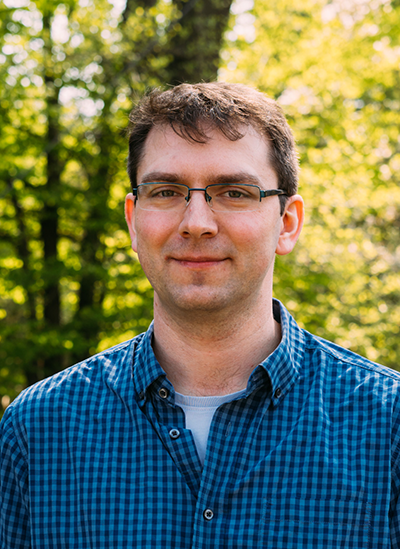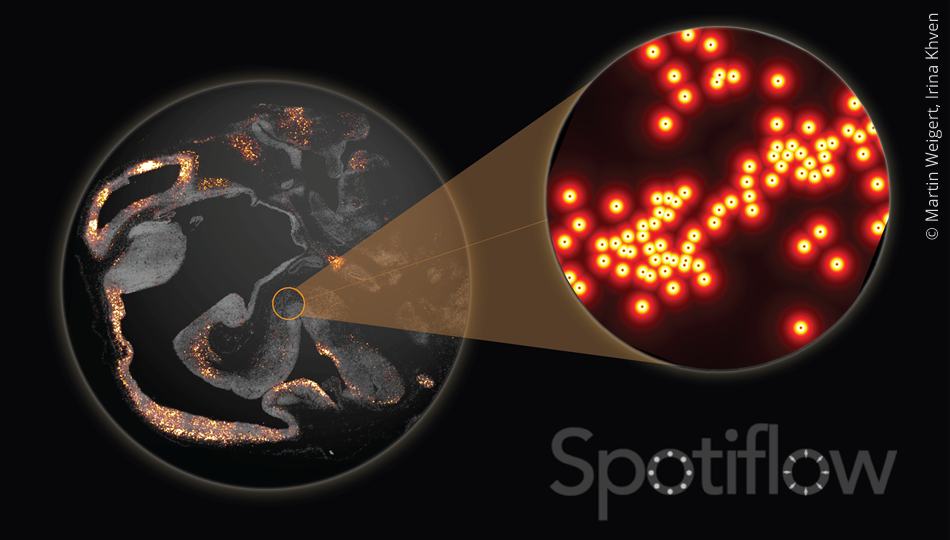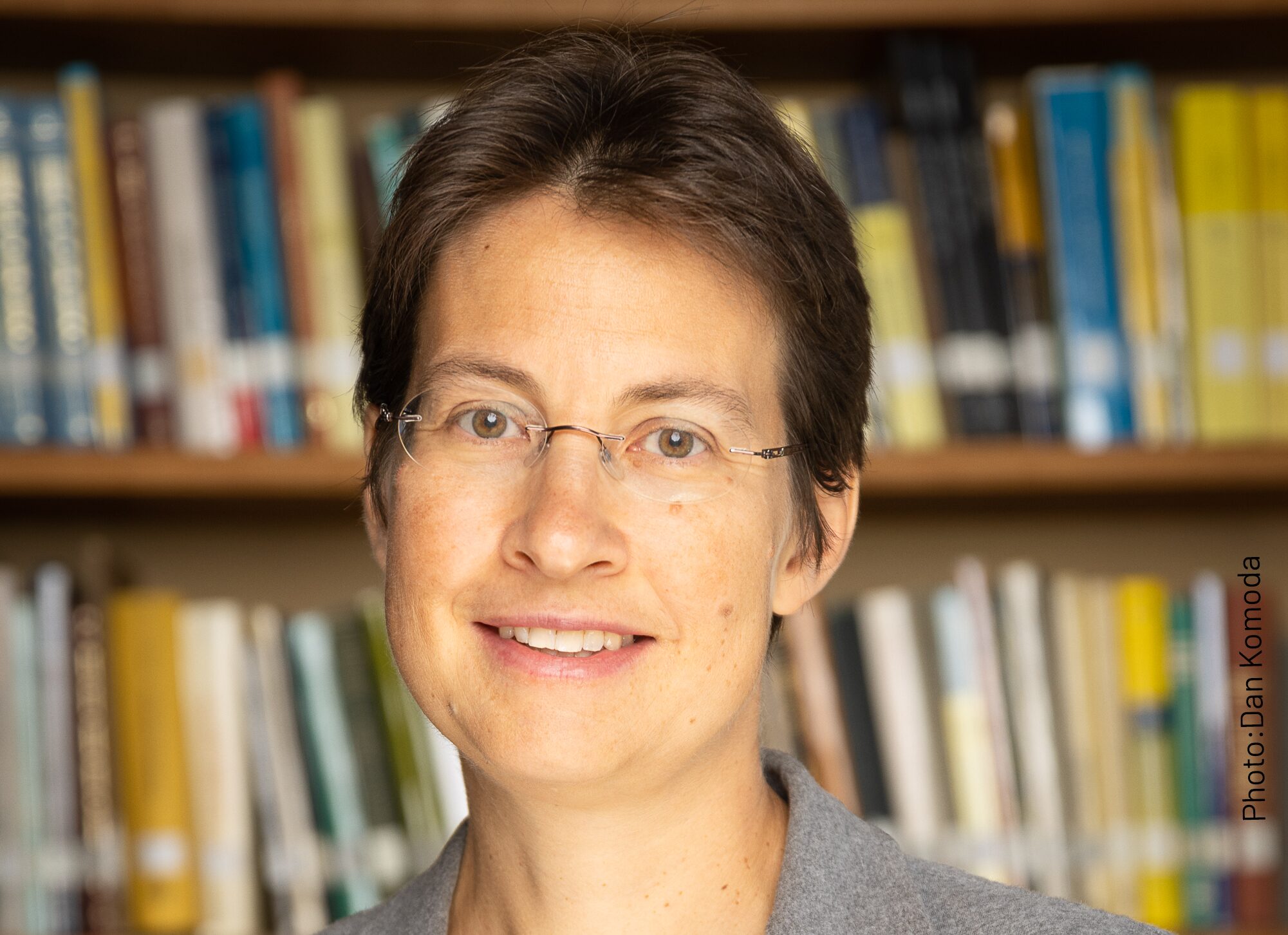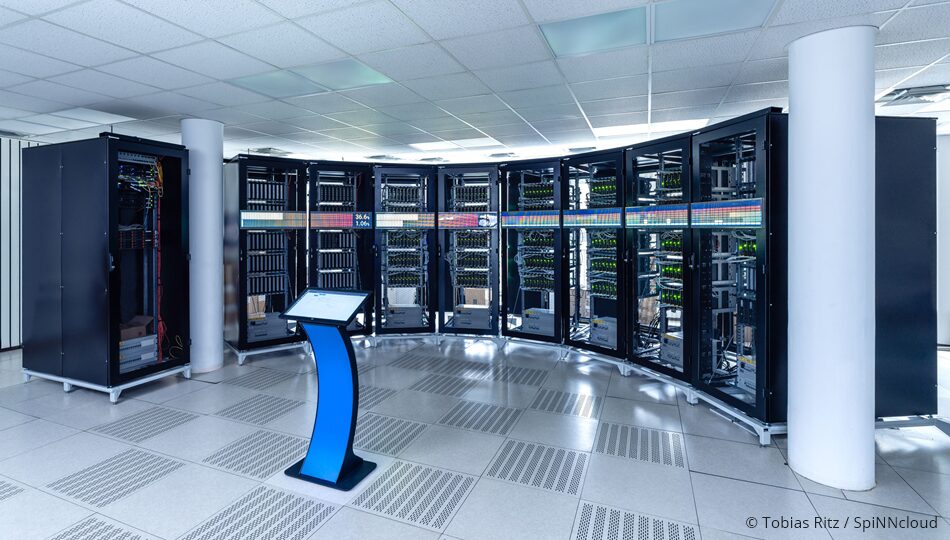20. July 2023
We welcome our 4th Associated Member, Dr. Georg Künze
We are pleased to welcome Dr. Georg Künze as the fourth associated member of ScaDS.AI Dresden/Leipzig. Georg Künze is a computational biophysicist and, since 2021, the head of the junior research group ‘Computational Structural Biology’ at the Institute of Drug Discovery at Leipzig University. The junior research group investigates the structural and dynamic properties of proteins employing numerical simulation techniques, such as molecular mechanics and molecular dynamics simulations. In addition to traditional theoretical simulation methods, the group is increasingly using artificial intelligence methods.
“I want to make the development of new artificial intelligence applications in the field of structural biology a main topic of my research group, and therefore become an associate member of ScaDS.AI. Specifically, I aim to develop and apply artificial intelligence methods for the design of novel protein biocatalysts, which shall be used as tools for green chemistry.”

About Dr. Georg Künze
Dr. Georg Künze studied biochemistry at Leipzig University and Cardiff University and obtained his doctoral degree in biophysics and NMR spectroscopy. He then moved to the lab of Prof. Jens Meiler at Vanderbilt University, USA, where he pursued postdoctoral research in computational structural biology, for which he received grants from the German Research Foundation and the American Heart Association. During his postdoc, he developed computational algorithms for protein structure prediction using the Rosetta software.
His research combines computational techniques with experimental approaches in structural biology to unravel the intricate molecular architecture of biological macromolecules and determine the structure and dynamics of proteins and protein complexes from sparse experimental data. Current research focuses on the study of membrane protein receptors and ion channels and the design of new enzymes for applications in green chemistry.

Associated member of ScaDS.AI Dresden/Leipzig
PhD’s scientists and professors with a close connection to the research focus of the center are awarded the title of associate member. The prerequisites include an international research activity, a keen interest in collaboration, and a willingness to contribute their research work to ScaDS.AI Dresden/Leipzig. ScaDS.AI Dresden/Leipzig supports its associated members in networking and joint projects development. There are internal general meetings, lectures, and conferences that the status allows participation in.
ScaDS.AI Dresden/Leipzig
ScaDS.AI Dresden/Leipzig is one of five national competence centers for Artificial Intelligence (AI) that are being funded under the federal government AI strategy and established as permanent research facilities for AI, Data Science, and Big Data. The ScaDS.AI Dresden/Leipzig competence center, with its two locations in Leipzig and Dresden, brings together the exceptional expertise in artificial intelligence and data science from Leipzig University, Technische Universität Dresden, and ten research institutions.
ScaDS.AI Dresden/Leipzig thus expands the national competence center for Big Data – ScaDS Dresden/Leipzig – founded in 2014. At the Leipzig University as well as the Technische Universität Dresden, up to 12 AI professorships and an additional Humboldt Professorship will be established to increase research excellence and place applied AI research on a broad foundation. The competence center thus plays a unique and central role in the implementation of the AI strategy, which is funded by the German Federal Ministry of Education and Research (BMBF).






